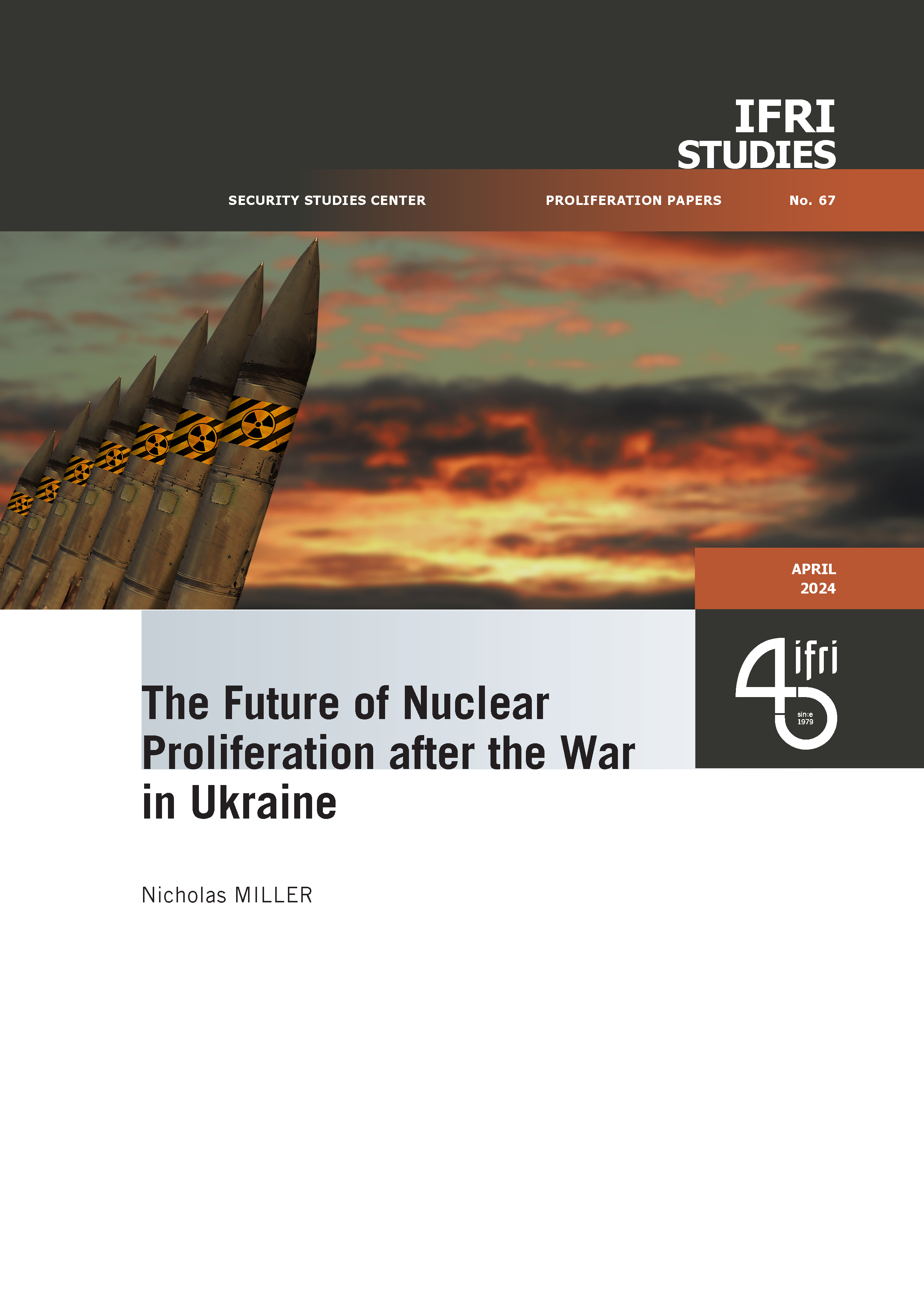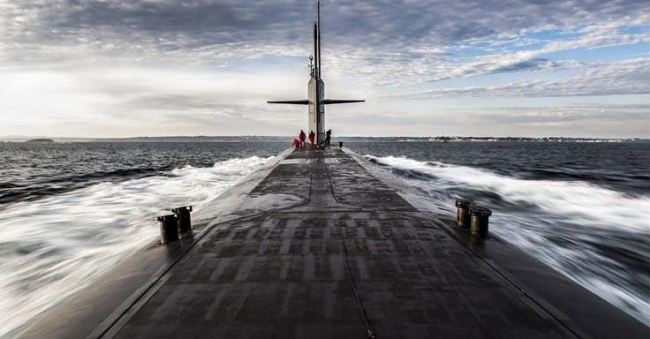The Future of Nuclear Proliferation after the War in Ukraine

In the context of deep changes to the international security environment, especially the war in Ukraine, the risks of nuclear proliferation seem quite high, especially in the Middle East and East Asia.

Four categories of factors have been identified that might trigger an escalation. Firstly, changes in the international security environment, including heightened competition among major powers, could increase pressure for proliferation in regions like Europe, Asia, and the Middle East. Secondly, the declining ability of the United States to enforce non-proliferation regimes may lead allies to seek nuclear capabilities due to concerns over U.S. reliability. Thirdly, failures by nuclear powers to uphold disarmament commitments and the emergence of the Treaty on the Prohibition of Nuclear Weapons could undermine non-proliferation norms. Lastly, the war in Ukraine highlights the potential use of nuclear threats in conflicts, reinforcing the perception of nuclear weapons as crucial for national security.
While there are reasons to anticipate growing proliferation risks, historical precedent suggests that these risks can be managed. Concerns over U.S. reliability and disarmament failures have been addressed through coercion and reassurance in the past. Additionally, the impact of conventional wars supported by nuclear deterrence has been contained. While some risk factors are novel, such as the decline of the U.S. nuclear industry and the emergence of the Treaty on the Prohibition of Nuclear Weapons, their decisive impact remains uncertain.
The implications for the Middle East and East Asia vary. Allies like Japan and South Korea may be convinced to remain non-nuclear due to U.S. security assurances, while adversaries like Iran could be incentivized to pursue nuclear capabilities amid declining effectiveness of U.S. sanctions. If Iran acquires nuclear weapons, it may pressure Saudi Arabia to follow suit, potentially leading to regional proliferation dynamics. Thus, great powers and the international community need to step in to manage proliferation triggers by maintaining a focus on nonproliferation in their statecraft.

Available in:
Regions and themes
ISBN / ISSN
Share
Download the full analysis
This page contains only a summary of our work. If you would like to have access to all the information from our research on the subject, you can download the full version in PDF format.
The Future of Nuclear Proliferation after the War in Ukraine
Related centers and programs
Discover our other research centers and programsFind out more
Discover all our analysesBundeswehr: From Zeitenwende (historic turning point) to Epochenbruch (epochal shift)
The Zeitenwende (historic turning point) announced by Olaf Scholz on February 27, 2022, is shifting into high gear. Financially supported by the March 2025 reform of Germany’s “debt break” and backed by a broad political and societal consensus to strengthen and modernize the Bundeswehr, Germany's military capabilities are set to rapidly increase over the coming years. Expected to assume a central role in the defense of the European continent in the context of changing transatlantic relations, Berlin’s military-political position on the continent is being radically transformed.
Main Battle Tank: Obsolescence or Renaissance?
Since February 2022, Russian and Ukrainian forces combined have lost more than 5,000 battle tanks, a much higher volume than all the European armor combined. Spearhead of the Soviet doctrine from which the two belligerents came, tanks were deployed in large numbers from the first day and proved to be a prime target for UAVs that became more numerous and efficient over the months. The large number of UAV strike videos against tanks has also led a certain number of observers to conclude, once again, that armor is obsolete on a modern battlefield. This approach must, however, be nuanced by a deeper study of the losses and their origin, UAVs rarely being the sole origin of the loss itself, often caused by a combination of factors such as mines, artillery or other anti-tank weapons.
Mapping the MilTech War: Eight Lessons from Ukraine’s Battlefield
This report maps out the evolution of key technologies that have emerged or developed in the last 4 years of the war in Ukraine. Its goal is to derive the lessons the North Atlantic Treaty Organization (NATO) could learn to strengthen its defensive capabilities and prepare for modern war, which is large-scale and conventional in nature.
"Iron Swords" A Military Analysis of Israel's War in Gaza
On October 7, 2023, Hamas' attack, dubbed “Al-Aqsa Flood,” caused a major shock and led Israel to launch the longest war in its history. Operation “Iron Swords” was notable for its unprecedented intensity, both in terms of the massive ground forces deployed and the firepower used.











